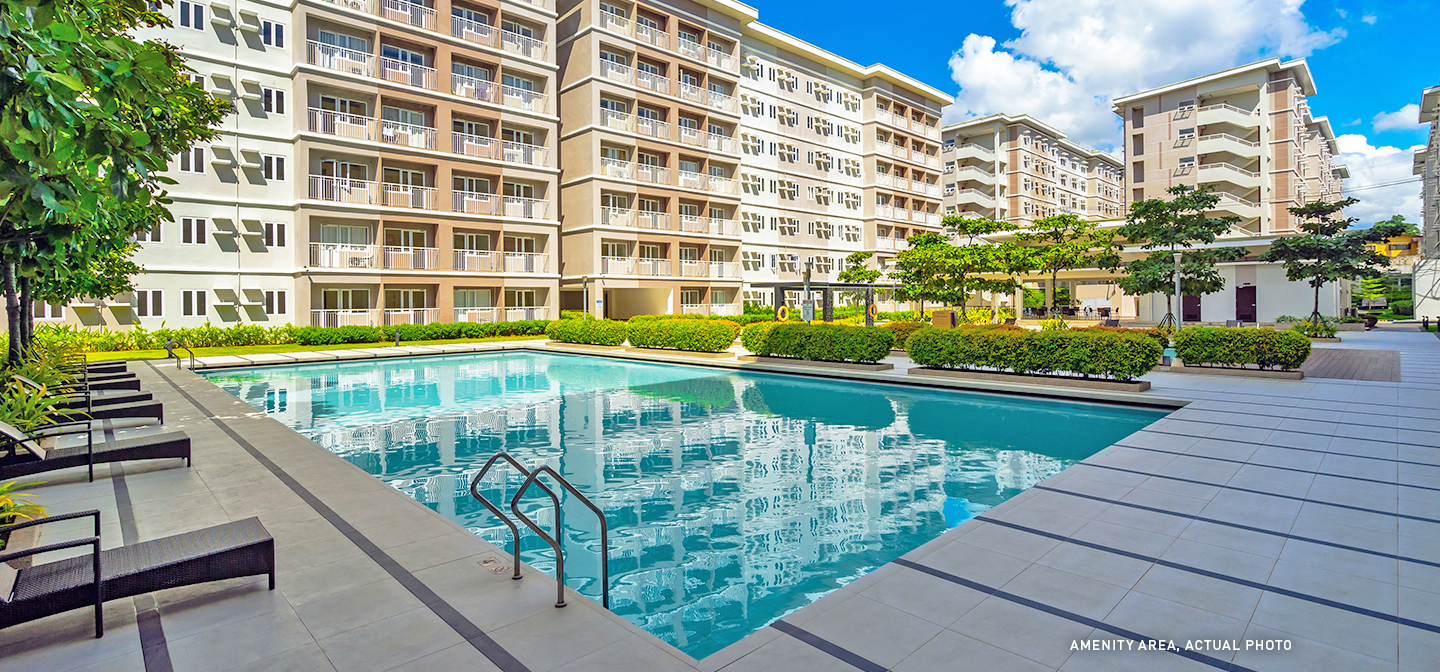Property Investments Act as Inflation Hedge
• 5 minutea min. read
Inflation has been one of the recent buzzwords not just in the country, but in the entire world.

Inflation has been one of the recent buzzwords not just in the country, but in the entire world.
A recent survey by global market research firm Ipsos showed that inflation is currently the world’s biggest worry, with 37 percent of people in 27 countries citing it as one of the top issues their country is facing today.
The Philippines is not spared from increasing inflation. Latest figures from the Philippine Statistics Authority (PSA) showed that the country’s headline inflation rate rose to 6.1 percent in June, bringing the year-to-date average to 4.4 percent.

This prompted the government to raise its inflation forecast to 4.5 percent to 5.5 percent from the previous forecast of 3.7 percent to 4.7 percent amid continued external factors that weigh heavily on the local commodity basket.
As inflation decreases the value of your money, putting your hard-earned cash into a profitable investment, such as real estate, would be a wise move to make right now.
Real estate has always been generally a good investment to make as property values are likely to increase in the future, especially with the development of the area around the property.
With the expected growth of residential property prices, investing in a residential property development will allow investors to benefit from inflation and maximize potential gains over the long term.
In addition, property prices grow along with inflation over time as a result of higher construction prices and other expenses.
Residential property prices remain up
Data from the Bangko Sentral ng Pilipinas (BSP) showed that residential property prices remained up in the first quarter of the year as the Residential Real Estate Price Index (RREPI) grew 5.6 percent from the previous year.
The BSP reported that residential property prices in the National Capital Region increased by 9.5 percent year-on-year, mainly driven by the increase in the prices of condominium units and townhouses, which more than offset the decrease in the prices of duplex housing units and single-detached/attached houses.
Similarly, residential property prices in areas outside of NCR rose by five percent year-on-year as all types of housing units registered an upturn, except for single-detached/attached houses, which posted a decline.

In an earlier report, professional services and investment management firm Colliers Philippines said it forecasts residential rents and prices to increase by 1.5 percent and 2.7 percent respectively by the end of 2022.
“The return of more employees to their traditional offices and traffic to its pre-Covid level should signal the recovery in the residential leasing market for the remainder of 2022,”Colliers Philippines said.
Whether you’re leasing out your property, or planning to sell it in the future, the projected rise in residential rents and value would bode well for you as you can command higher rental rents or prices.

Demand to remain strong
Another factor affecting property prices would be demand, as higher demand of properties in a certain area tends to raise the prices in the market.
One driver of demand in the residential real estate sector is the overseas Filipino worker (OFW) market.
Based on the latest consumer expectation survey of the BSP, the number of OFW households that utilize their remittances to purchase a house increased to 8.1 percent in the second quarter of the year from 6.4 percent in the same quarter last year.
With the stronger US dollar against the Philippine Peso, OFWs could get more value for their hard-earned money, which could give them more purchasing power for buying homes.
Moreover, as more people return to the office, with the continued reopening of the economy, this is seen to positively influence demand in the residential property market.
“Optimism in the market abounds especially with more economic sectors opening up. We now see more businesses encouraging their employees to return on site. This, coupled with the return of more foreign employees should have a positive impact on residential leasing,” Colliers Philippines Associate Director for Research Joey Roi Bondoc said.
Good location to boost land values
Apart from increasing property prices and continued demand, property investors may also benefit from the expected rise in land values brought by various infrastructure developments in the country.
Lobien Realty Group (LRG) chief executive officer Sheila Lobien said location is among the considerations one needs to make in investing in a property.
“Good location will include being in an earthquake and flood-free area, access to transportation, activity centers, office, school and retail spaces, and may have future opportunities as a result of government and private developments in the area that will add value to the property,” Lobien said.
Being close to business districts, major thoroughfares, and new transportation hubs, SM Development Corp. (SMDC) developments will surely gain from the improved accessibility to be offered by the completion of various infrastructure projects in the future.
Example of these projects are its residential developments located in the 67-hectare SM Mall of Asia complex in Pasay City. SMDC developments such as S Residences, Shore Residences, and Ice Tower Residential-Offices, will benefit from the increased accessibility from the soon-to-operate integrated monorail system connecting the MOA Complex to the rest of the city via its connection to the LRT-1 and MRT-3 lines. Further, SMDC also has a number of master-planned residential developments in Makati, namely Air Residences, Lush Residences, and Red Residences that are close to major future transport hubs like the Makati Intra-city Subway and the PNR South Commuter Railway, and also provide immediate proximity to employment and business opportunities offered by the various local and international companies in the Central Business District.
With the expected growth of residential property prices and additional land values from infrastructure projects, investing in a residential property development will allow investors to protect and even earn from inflation, and maximize potential gains over the long term.